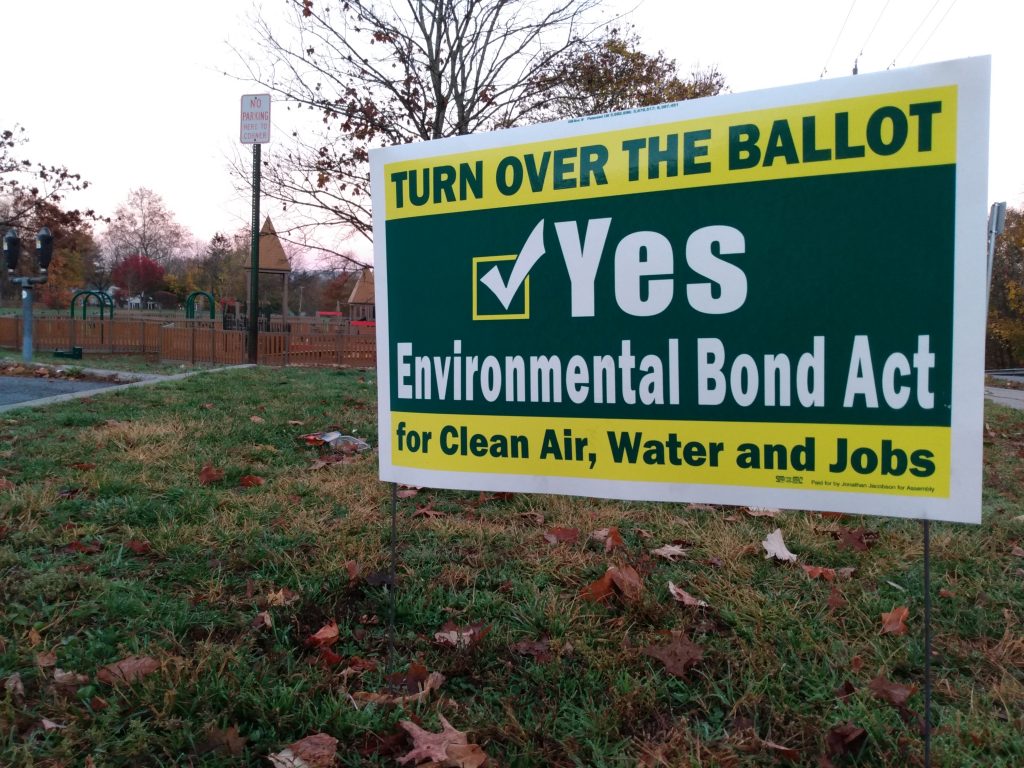
New York voters overwhelmingly approved $4.2 billion in new borrowing to fund the Clean Water, Clean Air and Green Jobs Environmental Bond Act by a margin of 59 percent to 29 percent, with 12 percent leaving the ballot question blank.
The bond act will direct funds to four major areas: flood risk reduction, open space land conservation and recreation, climate change mitigation and water quality improvement and resilient infrastructure.
More than 3.3 million New Yorkers voted to approve the spending while 1.6 million voted against it.
The bond act did well in the counties of Albany, Bronx, Broome, Cayuga, Chemung, Clinton, Columbia, Cortland, Dutchess, Erie, Essex, Franklin, Greene, Jefferson, Kings, Madison, Monroe, Nassau, New York, Niagara, Oneida, Onondaga, Ontario, Orange, Oswego, Otsego, Putnam, Queens, Rensselaer, Richmond, Rockland, Saratoga, Schenectady, Seneca, St. Lawrence, Suffolk, Sullivan, Tompkins, Ulster, Warren, Washington and Westchester.
The act wasn’t as popular in the counties of Allegany, Cattaraugus, Chautauqua, Chenango, Delaware, Fulton, Genesee, Hamilton, Herkimer, Lewis, Livingston, Montgomery, Orleans, Schoharie, Schuyler, Steuben, Tioga, Wayne, Wyoming and Yates.
The proposal seeks to improve the quality of New York’s drinking water by investing at least $650 million towards replacing lead pipes, expanding sewers and improving water treatment plants. An additional $650 million would be dedicated to conserving wildlife, improving and expanding public parks, and protecting farmland and other open spaces.
Air quality and public health would improve by investing $1.5 billion towards funding clean school buses, planting trees along streets and modifying public buildings to improve energy efficiency and air filtration.
The bond act will update New York community infrastructure by investing $1.1 billion towards projects like updating roads, bridges and stormwater systems to reduce flooding risks.
Supporters of the bond act say it will also improve and conserve wildlife habitats by repairing wetlands, forests and shorelines. Furthermore, these projects would support about 100,000 local, family-sustaining jobs, strengthening the New York economy and job markets.
At least 35 percent of the total funding must be spent in disadvantaged communities, with a goal of reaching 40 percent.









